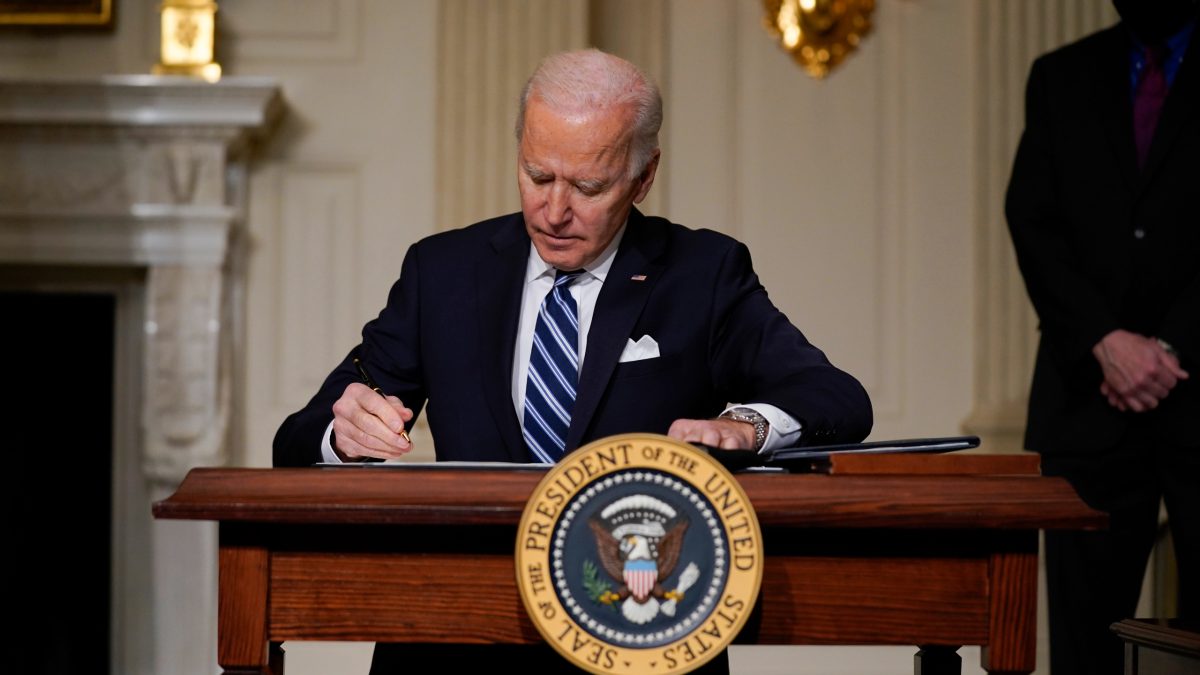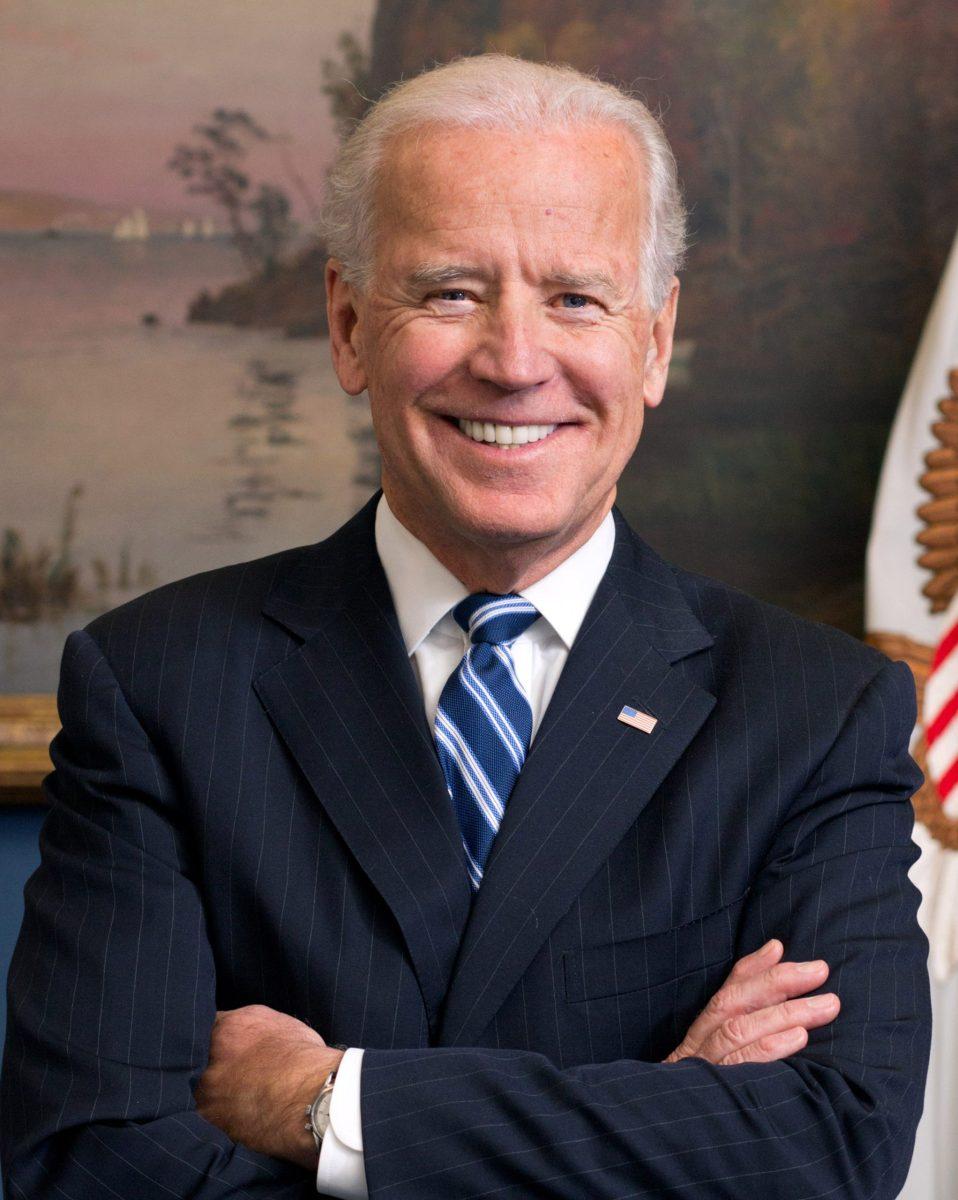On March 1 of 2018, President Trump rolled out a series of tariffs on China. On his personal Twitter account, he tweeted “when a country (USA) is losing many billions of dollars on trade with virtually every country it does business with, trade wars are good, and easy to win.”
On March 22, China implemented retaliatory tariffs on the United States, thus igniting the international trade war that President Trump asked for. Since then, his “easy” trade war has escalated to a standoff.
As of the end of September, China has imposed about $110 billion worth of tariffs on U.S. goods—almost all of their US imports per year—while the U.S. has tariffed over $250 billion worth of Chinese goods—roughly half of the goods imported from them per year.
President Trump sparked this trade war for several reasons, including a trade deficit, intellectual property rights theft, and unfair trade practices.
American-Chinese net exports favor China by $400 billion per year, and Trump wants to decrease that deficit. However, there is debate on whether that deficit needs shrinking; China is largely a production economy while the U.S. is a consumption economy, so it makes sense for there to be a trade deficit.
Trump also imposed tariffs leveragingChina into enforcing rules to stop intellectual property theft. The U.S. Commission on the Theft of American Intellectual Property reported “the annual cost to the U.S. economy continues to exceed $225 billion in counterfeit goods, pirated software, and theft of trade secrets and could be as high as $600 billion…. China (including Hong Kong) is the source of 87% of counterfeit physical goods entering the United States.”
Companies that import goods manufactured in China will be taxed, which means companies will either have to absorb the additional costs or transfer the cost to customers. Walmart, Target, and Proctor & Gamble have stated that Americans can expect to see higher prices on a wide variety of household items.
This additional cost is avoided by manufacturing or sourcing products and materials from other countries or producing them domestically. However, these are not easy or fast changes and economists predict that the economy will be hurt and slowed.
China, along with the E.U., has strategically taxed products from Trump-supporting states. Wisconsin Harley-Davidson motorcycles, Iowa and Nebraska soybeans, Florida oranges, Kentucky bourbon, and other products are targets of the tariff intended to hurt Republicans—a tactic to influence swing states in the upcoming midterm elections.
NJIT professor of economics, Benjamin Chou, stated that America and China are in an international example of the Prisoner’s Dilemma. This is defined by Investopedia as “a paradox in decision analysis in which two individuals acting in their own self-interests do not result in the optimal outcome.” Thus, if the two nations do not negotiate, both will lose.
Professor Chou stated that “if both sides are reasonable, then they will come to an agreement.” However, he added, China has been the beneficiary of poor trade deals by the U.S. for many years. This is not a result of American incompetence, but was rather a deliberate plan to open the markets of the Communist nation, hopefully undermining the Communist regime through the spread of capitalism.
While Chinese markets have developed, and the nation’s wealth has grown, Communist control over China remains strong.
Though America may have an advantage in this trade war, China has enjoyed trade deals that are favorable to them for many years. It will be difficult for the Trump administration to bring China to the negotiation table. Until then, we will all be on the losing side of the Prisoner’s Dilemma.































